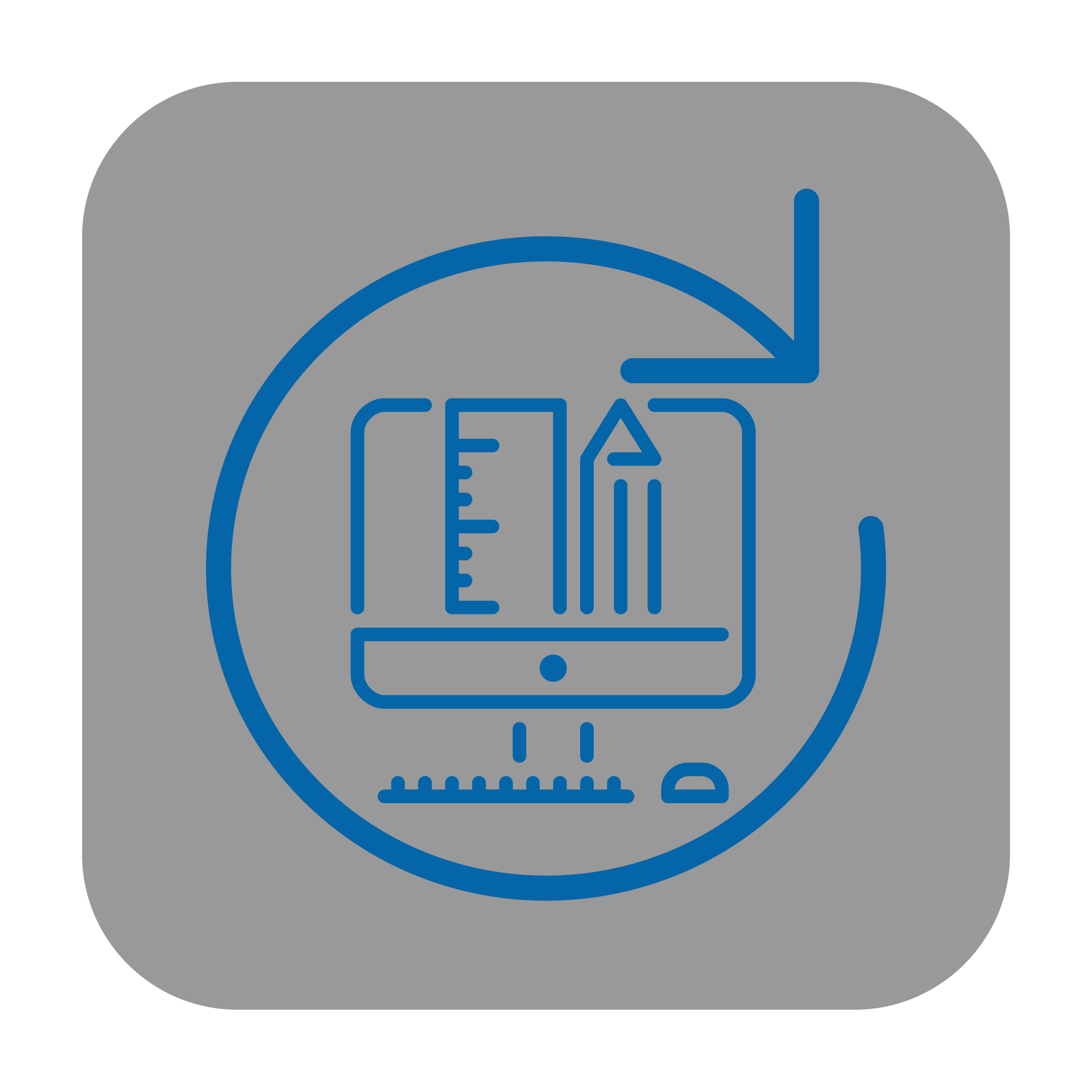Data Engineer

- Certification
As a candidate for this exam, you should have subject matter expertise with data loading patterns, data architectures, and orchestration processes. Your responsibilities for this role include: Ingesting and transforming data. Securing and managing an analytics solution. Monitoring and optimizing an analytics solution. You work closely with analytics engineers, architects, analysts, and administrators to design and deploy data engineering solutions for analytics. You should be skilled at manipulating and transforming data by using Structured Query Language (SQL), PySpark, and Kusto Query Language (KQL). Important The English language version of this certification will be updated on October 31, 2025. Review the study guide linked in the Certification resources section for details about upcoming changes.

- Certification
As a candidate for this certification, you should have subject matter expertise in designing, creating, and managing analytical assets, such as semantic models, data warehouses, or lakehouses. Your responsibilities for this role include: Prepare and enrich data for analysis Secure and maintain analytics assets Implement and manage semantic models You work closely with stakeholders for business requirements and partner with architects, analysts, engineers, and administrators. You should also be able to query and analyze data by using Structured Query Language (SQL), Kusto Query Language (KQL), and Data Analysis Expressions (DAX). Important The English language version of this certification will be updated on October 31, 2025. Review the study guide linked in the Certification resources section for details about upcoming changes.

- Certification
This certification is an opportunity to demonstrate your knowledge of core data concepts and related Microsoft Azure data services. As a candidate for this certification, you should have familiarity with Exam DP-900’s self-paced or instructor-led learning material. This certification is intended for you, if you’re a candidate beginning to work with data in the cloud. You should be familiar with: The concepts of relational and non-relational data. Different types of data workloads such as transactional or analytical. You can use Azure Data Fundamentals to prepare for other Azure role-based certifications like Azure Database Administrator Associate or Azure Data Engineer Associate, but it is not a prerequisite for any of them. You may be eligible for ACE college credit if you pass this certification. See ACE college credit for certification exams for details. Important The English language version of this certification will be updated on November 1, 2025. Review the study guide linked in the Certification resources section for details about upcoming changes.

- Applied Skill
To earn this Microsoft Applied Skills credential, learners demonstrate the ability to implement a lakehouse in Microsoft Fabric, including: Creating and managing a lakehouse Ingesting and transforming data Querying and exploring lakehouse data Candidates for this credential should be familiar with data modeling, data transformation, and exploratory analytics. They should also be able to query and change data by using SQL or PySpark.

- Applied Skill
To earn this Microsoft Applied Skills credential, learners demonstrate the ability to implement a data warehouse in Microsoft Fabric, including: Creating a data warehouse Loading, transforming, and querying data Modeling a star schema Managing security Candidates for this credential should be familiar with data modeling, data transformation, and exploratory data analytics. They should also be able to query and change data by using T-SQL.

- Applied Skill
To earn this Microsoft Applied Skills credential, learners demonstrate the ability to assess and migrate SQL Server workloads to Azure SQL Database. Candidates for this credential should have a solid understanding of both database-level and instance-level scoped objects in SQL Server. They should also be familiar with provisioning Azure SQL resources and navigating the Azure portal.

- Applied Skill
To earn this Microsoft Applied Skills credential, learners demonstrate the ability to implement a Real-Time Intelligence solution in Microsoft Fabric, including: Preparing a Real-Time Analytics environment Creating and loading data from external sources Loading and processing streaming data by using Eventstreams Exploring and manipulating data Visualizing and exporting data Candidates for this credential should be familiar with data transformation, exploratory analytics, and real-time dashboards. They should also be proficient in KQL.

- Applied Skill
To earn this Microsoft Applied Skills credential, learners demonstrate the ability to implement a data science solution by using Microsoft Fabric, including: Ingesting, loading, exploring, and preparing data Training, tracking, and scoring a model Candidates for this credential should be familiar with data science and AI fundamentals, in addition to open-source frameworks, such as scikit-learn and SynapseML. They should also have experience with: Python MLflow Synapse Data Science in Microsoft Fabric

- Applied Skill
To earn this Microsoft Applied Skills credential, learners demonstrate the ability to create and implement Azure AI Document Intelligence solutions. Candidates for this credential should have a solid understanding of creating and using Document Intelligence models through both Document Intelligence Studio and in code. They should also have experience programming in either Python or C#, be familiar with the Azure portal, and be comfortable provisioning Azure AI resources.

- Course
This is a single day Instructor Lead Course designed to give the learners instruction on the SQL dedicated and serverless Spark pools and providing instruction of data wrangling and the ELT process using Synapse Pipelines which is very similar to those familiar with Azure Data Factory (ADF) to move data into the Synapse dedicated pool database. Audience Profile The Audience should have familiarity with notebooks that use different languages and a Spark engine, such as Databricks, Jupyter Notebooks, Zeppelin notebooks and more. They should also have some experience with SQL, Python, and Azure tools, such as Data Factory.
